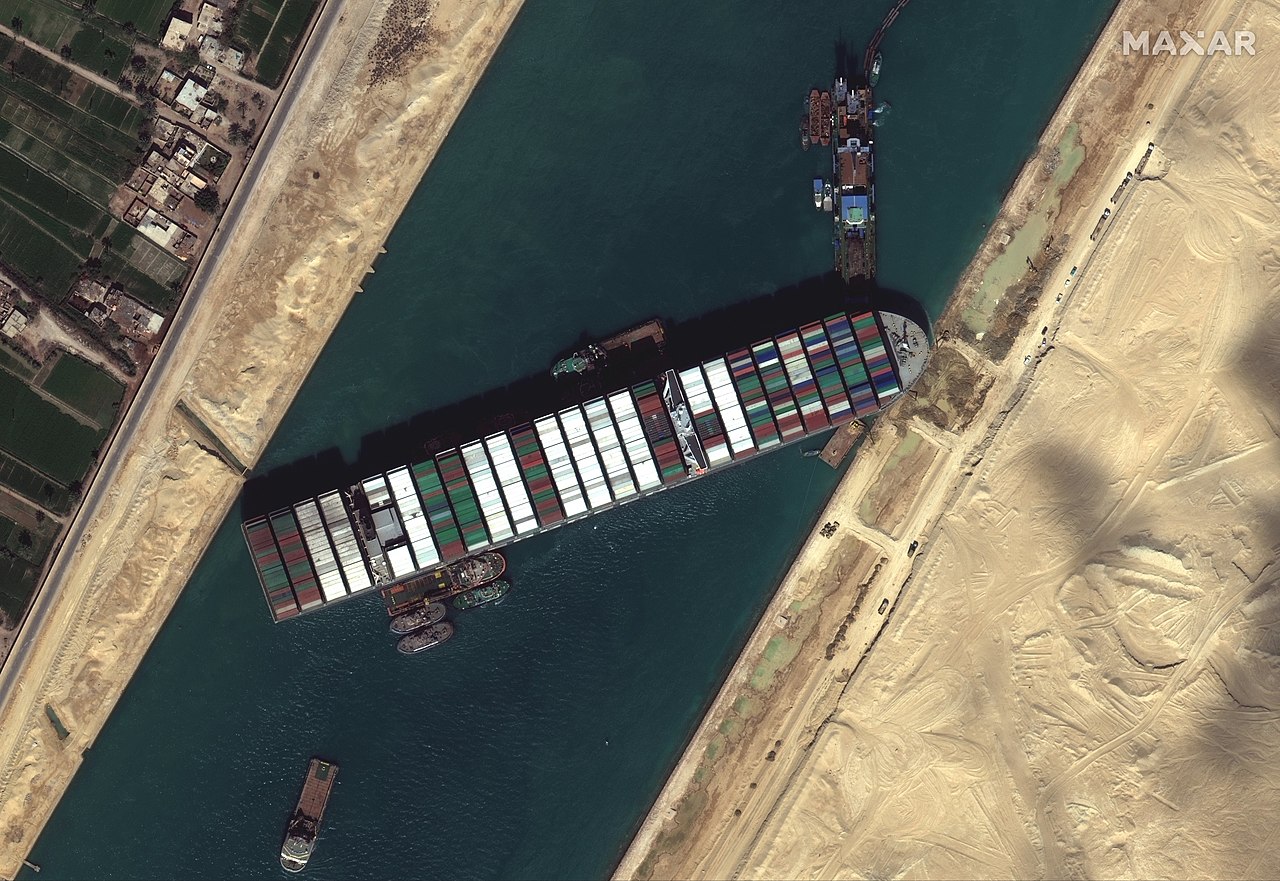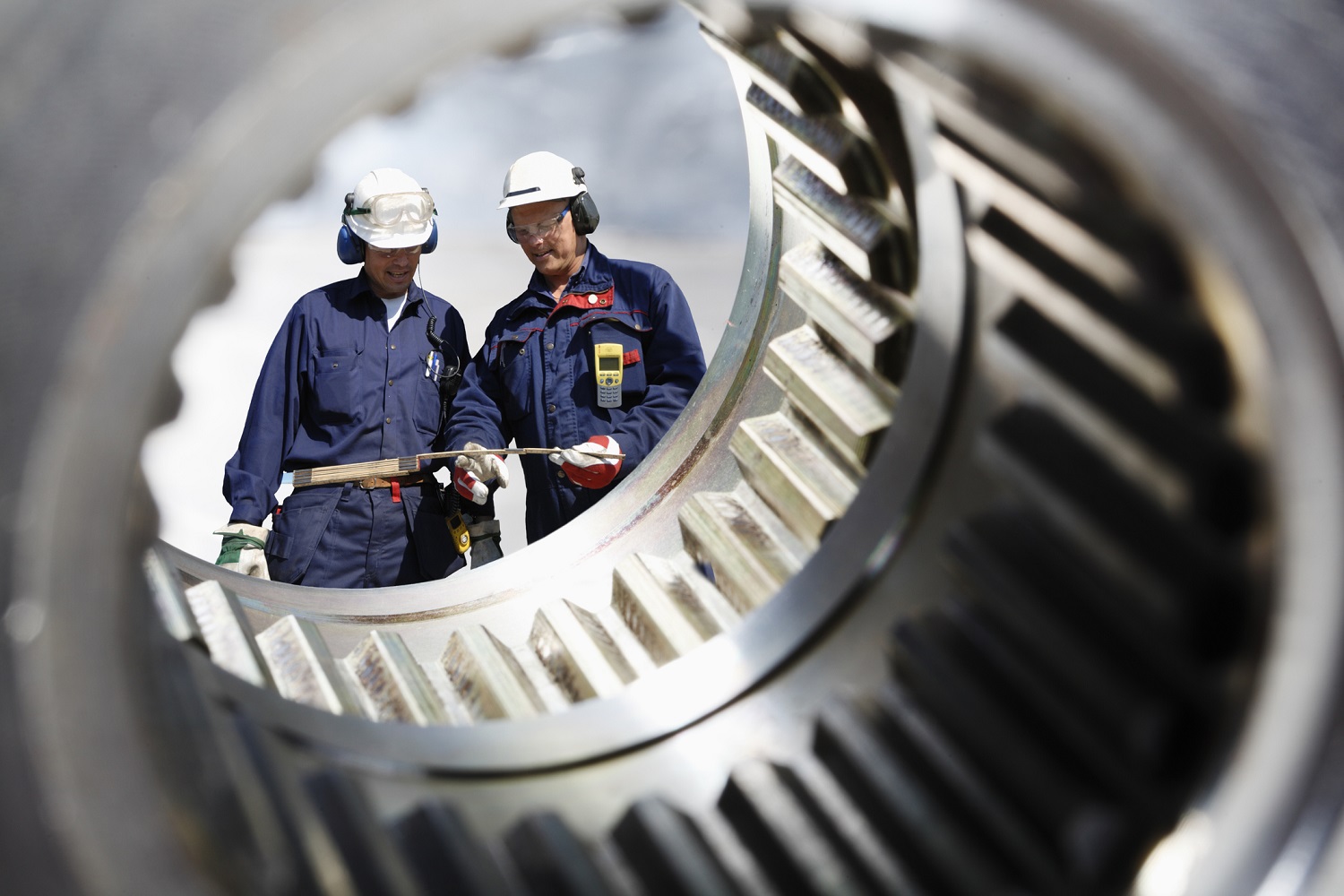
It certainly can’t be said that Luigi Di Maio is lacking in dynamism in his role as Minister of Foreign Affairs. The Farnesina is his base but he is increasingly to be found on some diplomatic mission to a far flung corner of the globe. He was the first Foreign Affairs Minister to meet a representative of the Biden administration and has made frequent visits to Libya, embarked on a journey to Mali to tackle the delicate immigration issue and has recently tried to repair relations with the United Arab Emirates. But he never loses sight of the Italian situation and the relaunch operation underway in the government. Precisely on the matter of the National Recovery and Resilience Plan, with specific attention to the industrial sector, Minister Di Maio gave a long interview to emmedimeccanica.com.
Almost a year and a half into the pandemic can we now say that there is a light at the end of the tunnel?
The situation is improving but we cannot make the mistake of letting our guard down, because the virus has shown that it can be unpredictable, too. We must continue our work to respond to this health emergency. In particular, I believe that it is essential to increase the EU’s industrial capacity and speed up vaccine supply. At the same time we must take account of the needs of our people, who are expecting an easing of restrictions. It is precisely for this reason that we are working, together with our European partners, to bring in a new green digital certificate which should enable us to reconcile freedom of movement with our primary need to safeguard public health.
Will relaunching the Italy system depend on how good we are at using the Recovery Fund resources?
Yes, exactly. Having resources is not enough, we must use them wisely. The success of the National Recovery and Resilience Plan will depend precisely on this. As the name itself shows, the Plan’s two macro-objectives are recovery and resilience. This means repairing the economic and social damage done by the pandemic. There will be a great many crossroads on Italy’s path out of the crisis and of these I think it is important to mention strengthening the competitivity of our firms, reforming our technical and professional institutes, achieving technological and industrial leadership in the main environmental transition chains and digitalising firms and driving force sectors in our economy, from the starting point of exports and high tech. But, above all, it will be a matter of our ability to pull together.

Our economy is under stress and the mechanical engineering sector is suffering in particular. What are the strategies and tools we will need to start again?
Unfortunately, the negative impact of the pandemic has been felt across all sectors of Italian exports, including the mechanical engineering sector. To relaunch our exports we have come up with a Pact for Exports for which over 4 billion euros have been set aside which will be used to support our firms in their digital transition, the training of managerial skills and supporting international trade. In this sphere, we are also investing in strengthening digital and managerial skills in our small and medium sized businesses via Smart Export – The digital academy for internationalisation programme in which we will offer 20,000 small and medium sized businesses free higher education training on internationalisation and the digital. On the training side, we have also designed a Digital Temporary Export Manager tool and a digital export voucher programme which the government will offer to around 7000 manufacturing micro-firms.
The mechanical industry accounts for around 50% of Italian exports worldwide. Has your department drawn up a plan to relaunch these?
We are well aware of the absolutely key importance of mechanical engineering for our exports and for this reason the concluding document in the most recent internationalisation control room put mechanical engineering in the priority sector category. Relaunching the sector is, however, bound up with a wider ranging package of measures designed to help the sectors most struck by the pandemic. To favour the relaunching of export firms, we are working to strengthen the funds available in the subsidised financial tools which SIMEST manages on behalf of the Incentives Commission presided over by MAECl. The first of these is Fund 394/81, with 2.1 billion euros in funding in 2020 (of which over 660 is non-reimbursable funding) and a further 1.8 billion this year which we have already received over 13,000 applications for, confirming its strategic value. The second is the Single Venture capital Fund for which we set aside funding of 100 million euros in 2020, extending its usability to the whole EU.

Even in the worst of the pandemic Made in Italy remained a brand appreciated the world over. What are the new markets to explore or consolidate?
Made in Italy is synonymous with beauty, top quality, elegance and reliability everywhere. It is an exceptional legacy which I believe we are duty bound to promote to the full, including in media terms. For this reason the Farnesina has contributed to launching the MADEINITALY.GOV.IT platform to promote the Italian ‘brand’ to the full. The first step in this strategy was to ensure that the opportunity offered by the Italian Formula 1 stage, to transform a sporting event with world visibility into a Made in Italy showcase, was taken up. With Pact for Export we are also planning to launch a 100% digital extraordinary promotional campaign designed to relaunch exports to our top 26 export markets. From a long term perspective it will also be crucial to sustain the penetration of our firms into the geo-economic areas with the greatest development potential like ASEAN and Central Asia without forgetting the opportunities offered by a continent which is strategic for us in many ways, Africa.
You were the first Minister of Foreign Affairs to be received by the Biden administration. Relations with the USA remain top priority.
The fact that I was the first foreign government representative to be received in Washington by the Biden administration testifies to the strength of the special relationship between Italy and the United States. This is confirmed by the celebrations for the 160th anniversary of bilateral diplomatic relations. There are a great many points of contact between our two governments, both in relation to the theatres of international crisis and on the great global themes such as combating the pandemic, climate change and economic recovery. My recent visit to Washington confirmed our shared desire to work together towards important goals. In commercial terms we welcome the suspension of reciprocal customs by the USA and the EU for four months which came into force on 11 March. We hope that US customs on steel and aluminium imports will soon be removed.
From Europe to Libya, Italy’s leadership is being consolidated.
I believe that it is important to take stock of the new leadership role which Italy is consolidating in Europe and the Mediterranean. In Europe Italy is contributing significantly to boosting and channelling the EU response to Covid, Since the onset of the pandemic our action has been fundamentally important in ensuring the adoption of extraordinary European policies: from vaccines to recovery resources, emergency support for furloughing and to companies and virus containment co-ordination. It is action rooted in the present but forward looking as well. This year a large scale conference on the future of Europe will be held with not only governments and institutions taking part but also citizens and associations, and Italy has already begun doing its bit to channel thinking on the Europe we want to build. Turning to the far side of the Mediterranean, we have played a front rank role in support of stabilisation in Libya, a foreign policy priority, and will continue to do so.



